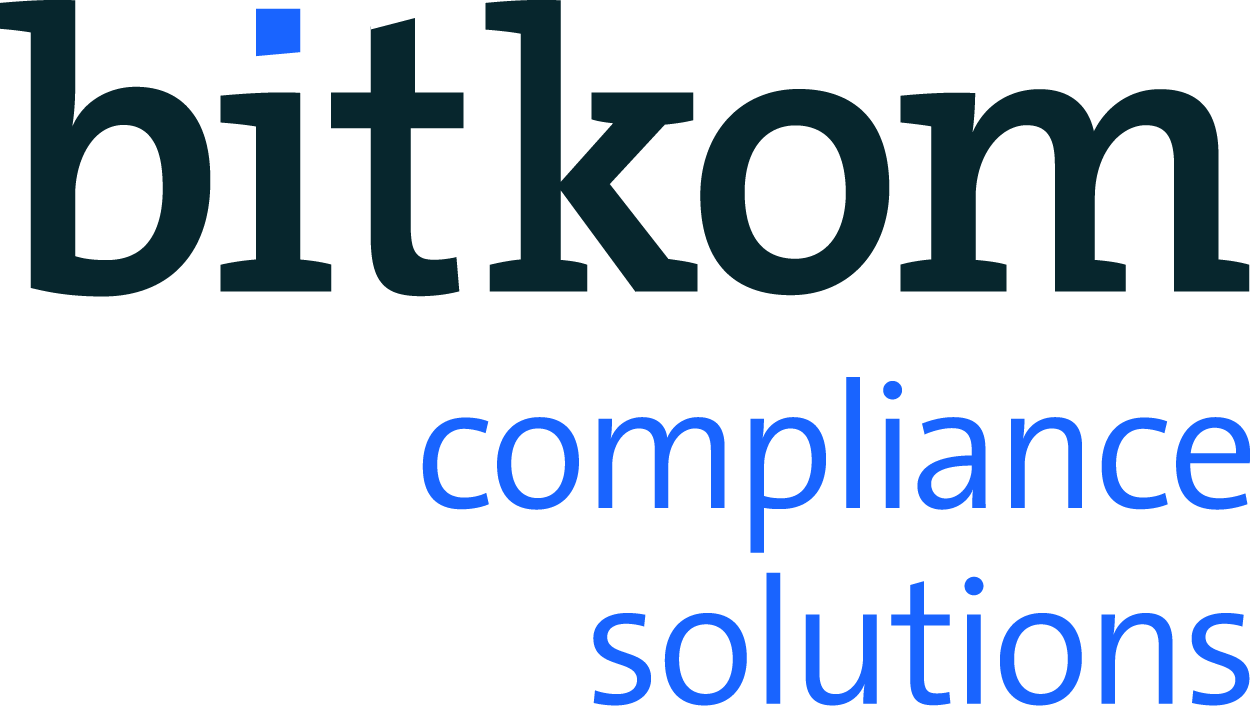
The consequences of Corona for the waste management of electrical and electronical scrap in Germany
The German economy is still under the influence of the Corona pandemic. This pandemic has also left its mark on the waste management industry to an unprecedented extent. On the contrary - in recent months, the disposal companies for electrical and electronic waste have been confronted with two diametrically different problems.
Environmental Management Representative Axel Riemann of disposal company NOEX reports on the situation in Germany.
What challenges has Corona created for the German waste management industry?
"Due to the temporary closure of stationary trade and municipal transfer points to contain the SARS-CoV-2 virus, many citizens had no opportunity for weeks to "get rid" of their old electrical appliances in an orderly and environmentally friendly manner. The amount of old equipment taken over and recycled by the disposal companies was correspondingly low.
When the restrictions came to an end, the situation then reversed, so that the quantities of old equipment currently being offered by citizens all over Germany to local authorities and the private sector can hardly be handled. At the same time, manufacturers of large household appliances and refrigerators in particular are observing a significant increase in sales figures, which naturally also has an impact on the quantities of appliances that are usually taken back in parallel. However, what is gratifying for the manufacturers is increasingly causing problems on the disposal side: plant and personnel capacities as well as the officially approved processing quantities are designed for the "normal" input quantities from the time before Corona and cannot simply be adapted to the sharply increased quantities of electrical scrap in Germany."
Are there still problems today due to the Covid-19 pandemic?
"At the beginning of the loosening after the initial corona phase, most of the experts were of the opinion that the massive overhangs were a temporary problem that should have been solved as soon as the citizens in our country were able to return the waste equipment accumulated during the period of restrictions to their collection points. Unfortunately, this forecast has not yet come true. Instead, the disposal companies throughout Germany are still facing the collected quantities, which – even almost 5 months after the end of the restrictions – are still 2 to 2.5 times the quantities before Corona.
At the same time, in view of the continuously high input volumes, more and more public waste management companies and distributors are increasingly reaching the limits of their collection capacities and accordingly have a rapidly increasing demand for additional collections - a demand that can only be met to a very limited extent with the resources currently available to the waste management industry. The stiftung ear® and the German Environment Agency (UBA) had then also initially suspended the prosecution of reminders over a longer period of time because they were well aware of the limited capacities throughout Germany. However, since even these joint efforts had only limited success, the current situation cannot be resolved by further suspension of reminders."
How do you deal with the overhangs of electronic waste?
"The whole waste management industry has jointly ensured over the last past months that the quantities of old equipment produced are continuously reduced within the framework of existing possibilities. Currently, old appliances are transported across Germany over a distance of up to 1,000 kilometers in order to make maximum use of all processing capacities that still exist - a procedure that unfortunately also has only a very limited effect on the reduction of the massive overhangs. The disposers of old electrical appliances will continue to do everything in their power to find solutions to the problems caused by Corona. However, this requires the cooperation of all parties involved such as local authorities, the German Environment Agency, the economy and citizens. But most important of all: PLEASE STAY HEALTHY!"
